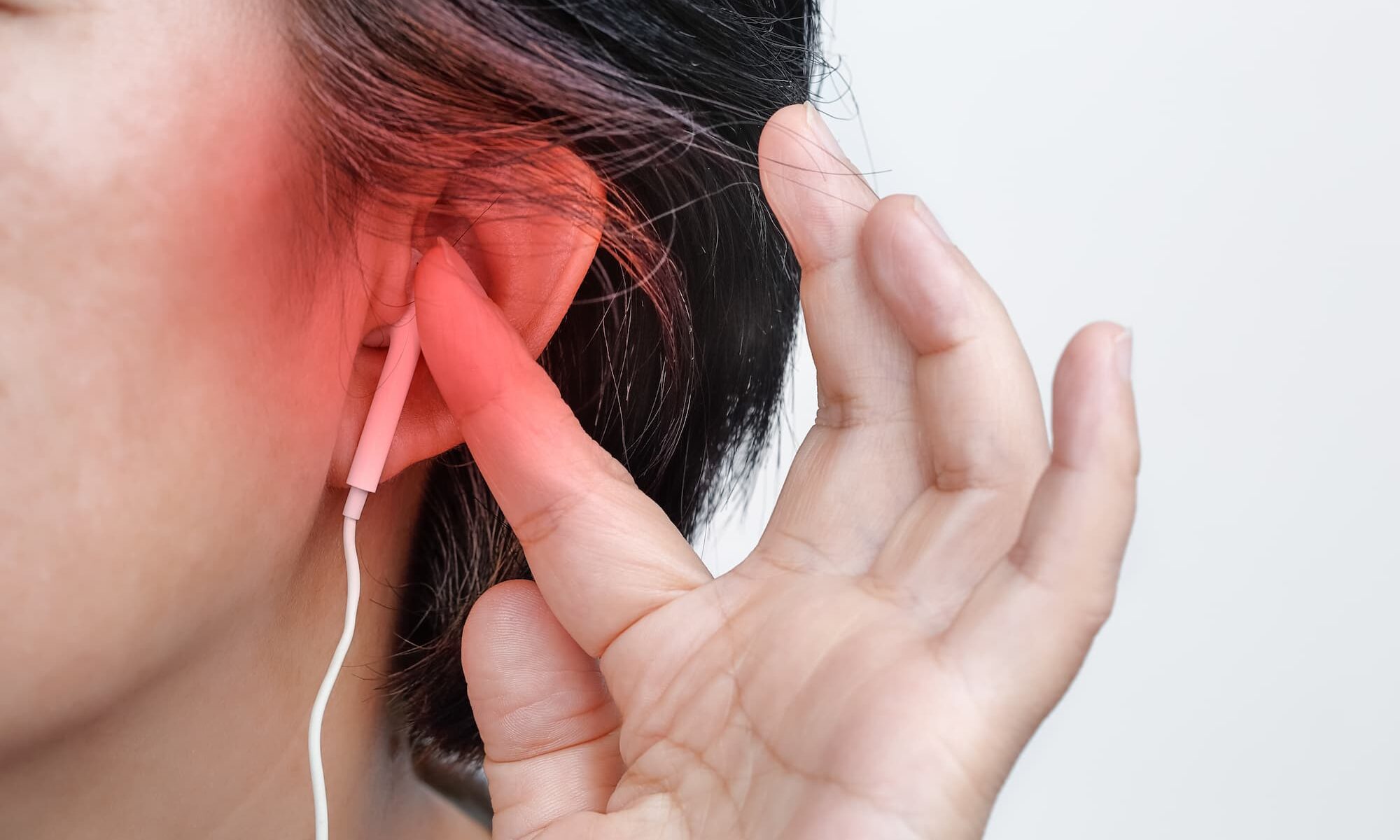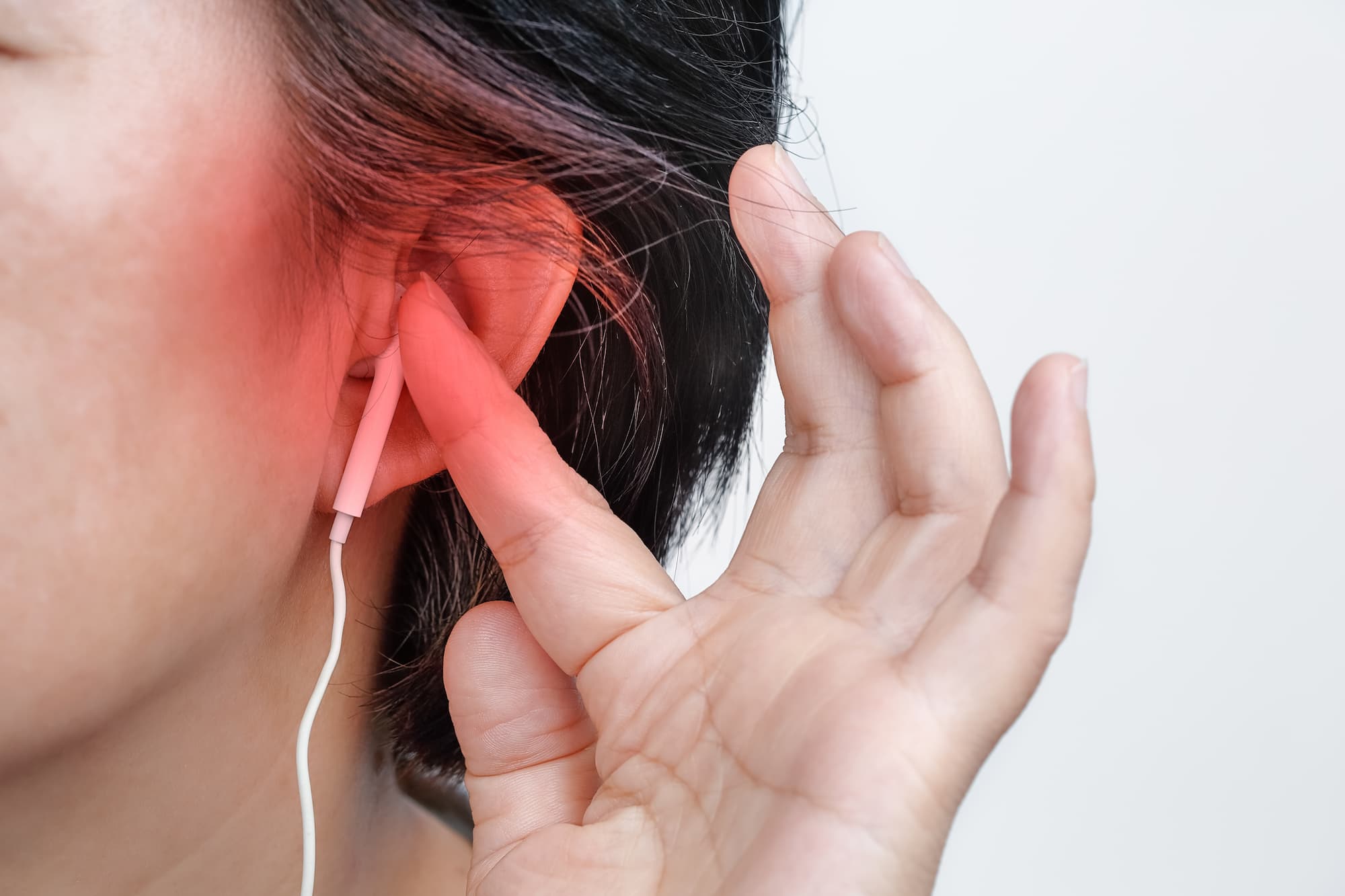Did you know that everyday noises can impair your hearing over time? Exposure to common noises can harm your hearing if they are too loud or you are exposed to them for prolonged periods. Prolonged exposure to unsafe levels of sound can be damaging to your ears and can even lead to noise-induced hearing loss.
Your ears deserve your care and attention; that is why the specialists at Memorial Hearing are ready to help you improve your hearing and protect your hearing from excessive exposure to everyday noises. Schedule an appointment today.
What Is Noise-Induced Hearing Loss?
One of the first signs of noise-induced hearing loss is communication difficulties and not hearing high-pitched sounds. Noise-induced hearing loss (NIHL) is a type of hearing loss that develops gradually due to exposure to loud noise over time. Noise-induced hearing loss is painless, gradual and is caused by damage to the delicate hair cells found in the inner ear. Once damaged, the hair cells do not regenerate, leading to permanent hearing loss in the affected frequency ranges.
Repeated exposure to harmful noises above safe decibel levels can cause hearing loss. The intensity or loudness of sound is measured in units known as decibels; the louder the sound, the higher the decibel level. Being around sounds with decibels lower than 70 is generally considered safe, whereas sounds at 85 decibels or higher are likely to cause damage to your hearing over time, thus contributing to noise-induced hearing loss.
It is best to avoid being exposed to extremely loud noises repeatedly because they may start to damage your hearing. When you can’t avoid being exposed to loud noises, consider using earplugs and earmuffs to decrease the intensity of such noise and protect your ears against noises above safe decibel levels.
Everyday Noises that Can Damage Your Hearing
Many sources of noise contribute to noise-induced hearing loss. Here are some common noises that can damage your hearing:
- Live Concerts/Events
The high levels of sound produced in live concerts and events can damage the inner ear’s hair cells, leading to hearing loss. Being too close to the speakers in an event such as a live performance places you at a higher risk of experiencing more intense sound levels and contributes to the development of noise-induced hearing loss.
- Home Appliances
Home appliances like vacuum cleaners, blenders, and hair dryers that produce loud continuous noise can harm our hearing, especially when they reach noise levels of 80-90 decibels.
- Maxing out Earbuds or Headphones
Maxing out the volume on earbuds and headphones increases the intensity of sound delivered to your ears—prolonged exposure to loud noise on your earbuds and headphones damages hearing over time.
- Engines
Equipment such as lawnmowers and leaf blowers have a noise output that can exceed 100 decibels. Constant exposure to loud engine sounds from noisy motorcycles, cars, and trucks can affect your hearing negatively.
Tips to Prevent Noise-Related Hearing Loss
- Use earplugs or earmuffs in noisy areas or when operating loud machinery to reduce the intensity of sound that reaches your ears.
- Reduce the volume on your smartphones or music systems to a safe and comfortable level to avoid prolonged exposure to loud sounds.
- Limit exposure to excessively loud sounds and take breaks to allow your ears to rest after exposure to loud sounds.
- Get your hearing regularly tested by a specialist that can monitor your hearing health and detect any changes or signs of hearing loss early on.
At Memorial Hearing, we diagnose and provide treatment options for hearing loss issues. Reach out to us today to find out how our hearing loss solutions can help you.
Take Control of Your Hearing Health with Memorial Hearing’s Audiology Services
Be sure to start thinking about how to ensure the longevity of your hearing health before you have hearing loss. Start taking control of your hearing health today with expert advice from our audiologists.
Do you or any of your loved ones have hearing loss? The team at Memorial Hearing can help. We have solutions that will help manage your hearing loss and improve the quality of your life. Contact us online or call (713) 984-7562 to schedule a consultation with our specialists.
Toa55/Shutterstock


